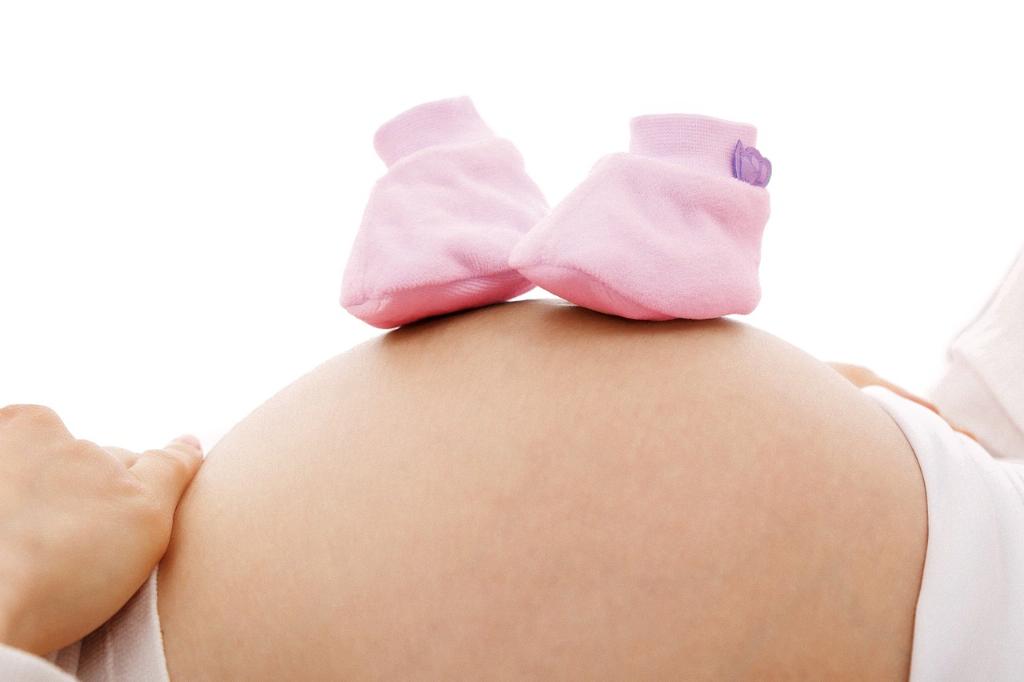Uterine irritability during pregnancy can be a concerning issue for many expectant mothers. The exact cause of this condition is not always clear and can vary from woman to woman. While the underlying reasons may differ, there are several common factors that can contribute to uterine irritability and lead to frequent contractions during pregnancy.
Dehydration as a Potential Factor
One possible cause of uterine irritability is dehydration. Staying hydrated is crucial during pregnancy as dehydration can trigger contractions and put added stress on the uterus. It is essential to drink an adequate amount of fluids to help reduce the risk of uterine irritability and maintain overall maternal health.
Impact of Stress on Uterine Function
Stress is another factor that can contribute to uterine irritability during pregnancy. High levels of stress can affect hormone levels and lead to increased uterine contractions. Finding healthy ways to manage stress, such as relaxation techniques or seeking support from loved ones, can help alleviate uterine irritability.
Untreated Infections and Uterine Irritability
Untreated infections, such as urinary tract infections (UTIs), can also play a role in causing uterine irritability. Infections can trigger inflammation in the body, leading to heightened contractions in the uterus. It is essential to seek prompt medical treatment for any infections to prevent potential complications during pregnancy.
Impact of Maternal Nutrition
Maternal nutrition plays a vital role in maintaining uterine health and preventing irritability. A balanced diet rich in essential nutrients can support uterine function and reduce the risk of excessive contractions. It is important for pregnant women to focus on consuming wholesome foods that nourish both the mother and the developing baby.
Effects of Physical Activity
Physical activity can influence uterine irritability, with excessive physical exertion potentially leading to increased contractions. While staying active is beneficial during pregnancy, it is essential to listen to your body’s signals and avoid overexertion. Engaging in moderate exercise tailored to your needs can help promote uterine health.
Impact of Hormonal Changes
Hormonal changes that occur during pregnancy can also contribute to uterine irritability. Fluctuations in hormone levels, particularly the hormone oxytocin, can stimulate uterine contractions. Understanding the hormonal shifts taking place in your body can provide insights into managing uterine irritability effectively.
Consideration of Fetal Position
The position of the fetus in the uterus can impact uterine irritability. Certain fetal positions may exert pressure on the uterus, leading to increased contractions. Monitoring fetal movements and working with healthcare providers to ensure optimal fetal positioning can help alleviate uterine irritability.
Role of Multiple Gestation
Women carrying multiple fetuses are at a higher risk of experiencing uterine irritability due to the increased strain on the uterus. The presence of more than one fetus can lead to heightened contractions and discomfort. Close monitoring and management of uterine irritability are crucial for women with multiple gestations.
Effect of Uterine Distention
Uterine distention, or the stretching of the uterine muscles, can trigger irritability and contractions. As the uterus expands to accommodate fetal growth, the muscles may become more sensitive and prone to contracting. Gentle massages and proper prenatal care can help address uterine discomfort associated with distention.
The Role of Genetic Factors
Genetic factors may also influence uterine irritability in some women. A family history of preterm labor or uterine issues could increase the likelihood of experiencing irritability during pregnancy. Understanding your genetic predispositions and discussing them with healthcare providers can aid in proactive management.
Consulting Healthcare Providers
It is essential for pregnant women experiencing uterine irritability to seek guidance from healthcare providers. Obstetricians and midwives can offer personalized recommendations and interventions to address specific underlying causes of uterine irritability. Regular prenatal care and open communication with medical professionals are key to ensuring a healthy pregnancy journey.

